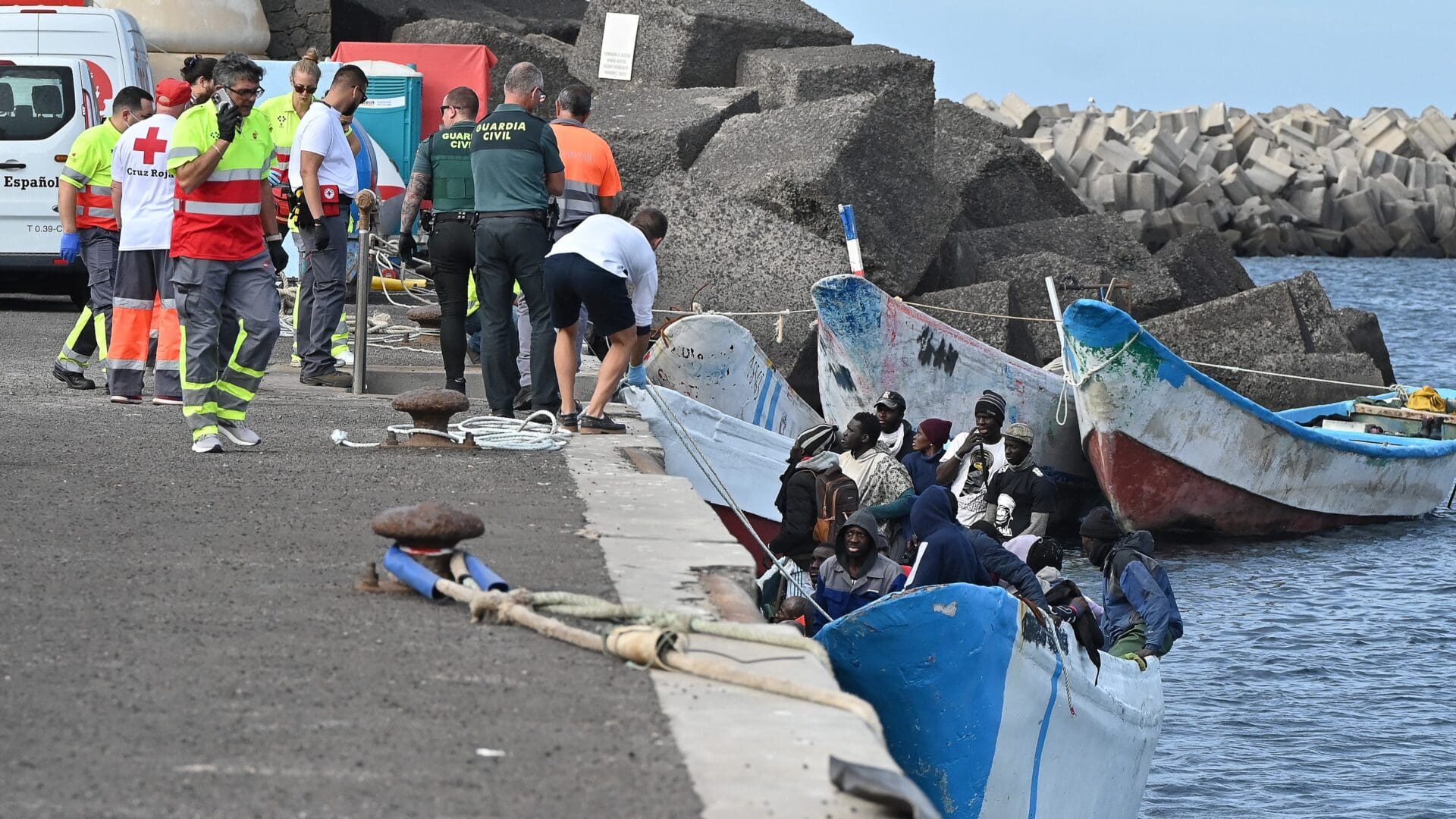During its plenary session in Brussels on Wednesday the European Parliament adopted all legislative chapters of the new regulation concerning the reform of the European Union’s migration and asylum policy. These chapters address, among other things, the expedited processing of asylum requests, the more effective return of unauthorized stayers, and the solidarity requiring the distribution of migrants among member states.
Despite the disapproval of some countries, most notably Hungary and Poland, the pact ended up being approved. PM Viktor Orbán voiced his concerns in a social media post:
Orbán Viktor on X (formerly Twitter): “The #MigrationPact is another nail in the coffin of the European Union. Unity is dead, secure borders are no more. Hungary will never give in to the mass migration frenzy! We need a change in Brussels in order to #StopMigration !https://t.co/wxV9Y6OARo / X”
The #MigrationPact is another nail in the coffin of the European Union. Unity is dead, secure borders are no more. Hungary will never give in to the mass migration frenzy! We need a change in Brussels in order to #StopMigration !https://t.co/wxV9Y6OARo
In its statement, the EP emphasized that according to the pact approved by the representatives member states undertake to show solidarity with EU countries particularly under pressure from migration by relocating to their territories those asylum seekers who may legitimately qualify for international protection. Countries facing particularly high migration pressures will also receive financial contributions from other EU member states, along with operational and technical support. During Wednesday’s vote, EP representatives ‘updated the criteria’ upon which a member state is responsible for examining requests for international protection, as stated in the announcement.
The Gist of the Pact
Under the new framework rules concerning resettlement and humanitarian admission, member states may voluntarily offer to host refugees recognized by the United Nations High Commissioner for Refugees (UNHCR) from countries outside the Union who would travel to the EU legally, in an organized, and safe manner. The migration package establishes a solidarity mechanism to respond to sudden increases in arrivals. The new rules will also address the use of migrants as ‘tools’ when non-EU countries or ‘hostile non-state actors’ manipulate migration to destabilize the EU.
In the future, those who do not meet the conditions for EU entry will undergo thorough screening before being admitted. This includes identification, collection of biometric data, and health and security checks for up to seven days. Member states must establish independent monitoring mechanisms to ensure respect for fundamental rights during screening. To expedite asylum procedures, a new common procedure for granting and withdrawing international protection will be established throughout the EU. Data of irregular arrivals to the European Union, including their fingerprints and facial images, will be stored in the reformed Eurodac database. Authorities may also record if someone may pose a security threat or has been involved in violent or armed activities.
Member states must ensure equal reception conditions for asylum seekers, including housing, education, and healthcare. Registered asylum seekers can start working no later than six months after submitting their application.
Following approval by the European Parliament, the reform of the EU’s migration and asylum policy in the form of the pact must also be formally accepted by the Council of the European Union. The regulations included in the package will enter into force after their publication, with the application expected to commence two years later. Regarding the directive on reception conditions, member states will have two years to incorporate it into their national legal frameworks.
Criticism of the Pact
Since the initiation of discussions, the New Pact has encountered criticism from NGOs, human rights advocates, and legal experts, who caution that the strong emphasis on establishing uniform and foreseeable regulations may potentially compromise fundamental rights.
A primary area of concern revolves around the expedited border procedure: while EU officials argue that this abbreviated process will establish clear timelines for applicants and alleviate administrative burdens for authorities, humanitarian organizations argue that it may deprive asylum seekers of a fair and thorough evaluation, thus increasing the likelihood of deportation.
However, deportation is not a straightforward matter, as it relies on the willingness of other countries to accept the return of migrants whose requests have been rejected. In the final quarter of 2023, out of 105,000 non-EU citizens instructed to leave the bloc, only 28,900 were repatriated.
Many Hungarian politicians have commented on the adoption of the pact.
MEP Balázs Hidvéghi expressed: ‘This debate was never truly about aiding refugees, as everyone wants to assist those in need. Essentially, this debate revolves around whether we are capable of preserving our European identity and safeguarding the European way of life, norms, traditions, and culture.‘ According to his statement, supporting mass migration jeopardizes all of this.
The Parliamentary State Secretary of the Ministry of Interior, Bence Rétvári, noted: ‘Europeans want to live in safety and reject migration. However, pro-migration politicians forcibly push their own proposals for the systematic resettlement of migrants on every forum. This decision could change the future of Europe entirely. The right direction would be to protect the external borders, which Hungary does every day. However, it is unacceptable and unreasonable that 28.3 per cent of procedures conducted at the border are expected from Hungary.’
The Prime Minister’s Chief Security Advisor György Bakondi had this to say: ‘the Hungarian government has been staunchly resisting the introduction of the quota system since 2015.’ The Chief Security Advisor reaffirmed: ‘Hungary maintains its previously established border protection system and also maintains its position that the system is only effective if refugee applications are submitted outside the borders of the European Union.’ He added: ‘The adopted asylum pact is not beneficial for the Hungarian people, posing a threat to the internal security of both the country and other states in the Union.’
Along with their Hungarian counterparts, politicians from Slovakia and Poland also expressed concerns upon the approval of the pact.
Related articles:








